In my effort to prove that there’s no topic too obscure for The TV Professor, I thought I’d look at the theme song from Maude. Because I’m sure that’s a topic we all obsess over every day.
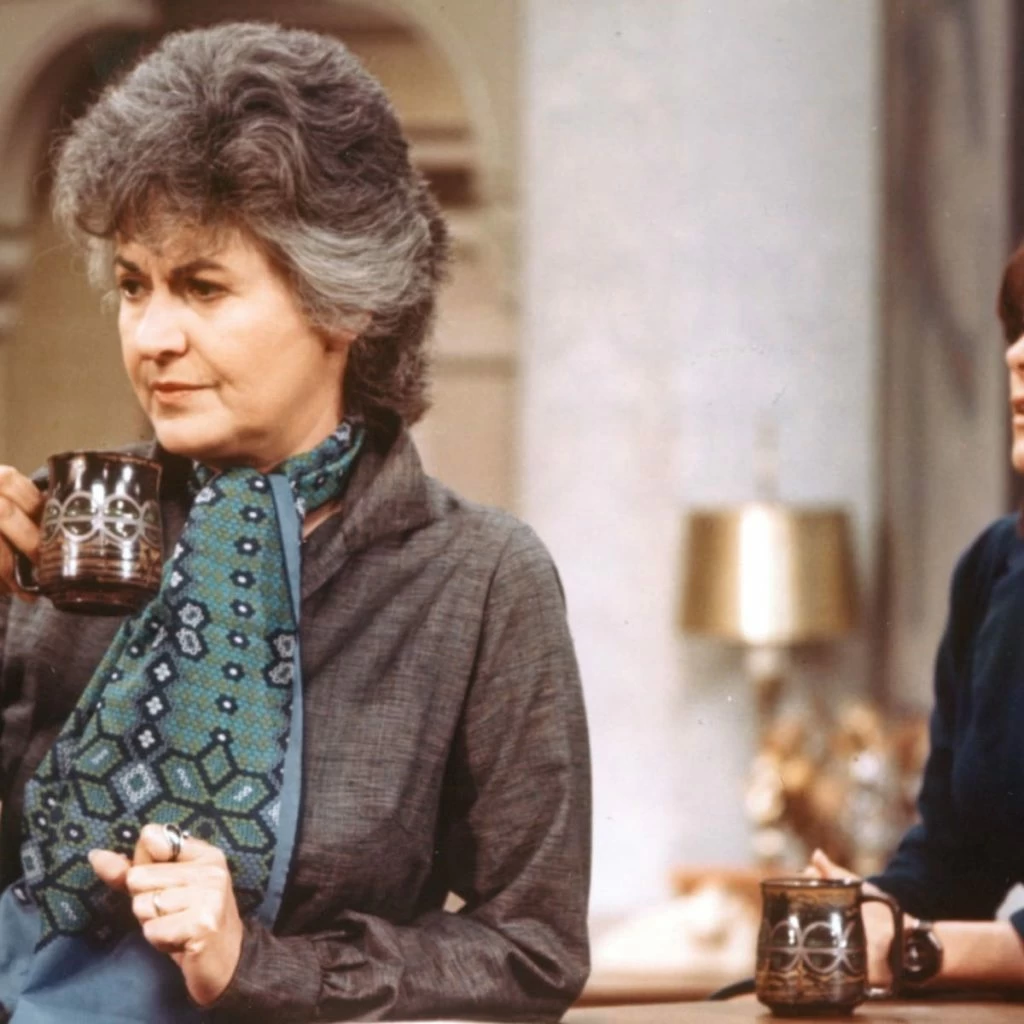
OK, maybe most people aren't obsessed with the theme song from the 1970s TV series Maude. Still, if you enjoy classic TV, theme songs are probably one reason why. Even if you hate classic TV so much that if you saw it in the street, you would run it over (and in which case, why are you reading this?), you probably can’t resist some of the catchy tunes that we’ve had play in our heads for years.
- Here’s the story, of a man named Brady, who was busy with three boys of his own…
- Flintstones! Meet the Flintstones…
- Just sit right back, and you’ll hear a tale, a tale of a fateful trip, that started from this tropic port, aboard this tiny ship…
And then there’s Maude.
Today's "TV Lesson" Breakdown:
Some Thoughts About Maude and the Maude Theme Song
I rarely watched Maude as a kid. The grown up plot lines were probably too far above my head, but at the time, I know when I did catch it on TV, it didn’t strike me as funny as the series it was spun off from -- All in the Family, which was hilarious and so rich with three-dimensional characters, and, of course, it, too, had an amazing theme song.
Boy, the way Glenn Miller played,
Songs that made the hit parade…
During the worst of the pandemic, I found myself watching a few episodes of Maude on Antenna TV, and I kept thinking, “The theme song could make a decent history blog post.” The music is very catchy, and the lyrics have got all sorts of history in it.
In fact, I’m sure back in the 1970s there was probably some high school teacher who said, “Hey, kids, let’s talk about the Maude TV theme song…”
The entire song goes like this…
Lady Godiva was a freedom rider,
She didn't care if the whole world looked,
Joan of Arc with the Lord to guide her,
She was a sister who really cooked,
Isadora was the first bra-burner,
Ain't ya glad she showed up? (Oh yeah!)
And when the country was fallin' apart,
Betsy Ross got it all sewed up.
(CHORUS):
(And then there's Maude),
And then there's Maude,
(And then there's Maude),
And then there's Maude,
(And then there's Maude),
And then there's Maude,
(And then there's.....),
That uncompromisin', enterprisin', anything but tranquilizin',
Right on, Maude!
A lot of the historical figures are pretty obvious. I think we all know who Betsy Ross and Joan of Arc are, but until I looked it up, I didn’t know who Isadora or Lady Godiva was, and frankly, until I did a little research, I’m not sure I could have told you all that much about Betsy Ross or Joan of Arc either (a few details, sure).
So for anybody who has heard the Maude theme song and wondered who and what some of the historical references are, your dreams are finally coming true!
So here we go…
Lady Godiva
According to various sources, Lady Godiva was a noblewoman from the 11th century, although her name was apparently Godifu. (Back in these times, people didn’t always first and last names. Evidently, she was just known as Godifu or, depending what source you want to go with, Godgifu…) She lived in Coventry, England, and she helped found a Benedictine monastery and was apparently pretty generous to the community.
According to various sources, Lady Godiva was a noblewoman from the 11th century, although her name was apparently Godifu. (Back in these times, people didn’t always first and last names. Evidently, she was just known as Godifu or, depending what source you want to go with, Godgifu…) She lived in Coventry, England, and she helped found a Benedictine monastery and was apparently pretty generous to the community.
Somehow, though, over the years, her story turned into folklore, and since we don’t know much about her, I’m happy to believe the myth.
The story goes that Godifu, or as everyone would later call her, Lady Godiva, wasn’t happy with her husband, whose name was Leofric. He was an earl and Lord of Coventry. Leofric taxed everyone, way too much, and according to legend, after Lady Godiva pleaded with her husband to lower the taxes, he quipped, “Sure, if you ride naked on horseback through the center of town.”
Lady Godiva then may have wisecracked, “Careful what you wish for.” Because she agreed.
But before she went outside in the buff and perhaps didn’t want a local painter sketching her and have nude drawings of her going viral, she sent word around town, for everybody to do her a solid and remain in their homes and not watch her galloping around, naked.
So as the story goes, Lady Godiva disrobes, mounts a horse, and the next thing you know, a chagrined Leofric is watching his wife galloping away, in her birthday suit, on horseback, riding through the center of town, her long flowing hair covering parts of her body.
Everybody remains inside their homes, except for some guy named Tom, who apparently just couldn’t help himself – and after that, he was ridiculed to the end of his days, known as a “peeping Tom.” (Well, actually, the myth goes that he was struck blind upon opening his window to look at her. Look, I can delude myself and tell myself that just about all of this actually happened, but the supernatural elements seem a little over the top.)
That’s the story, but again, it’s a myth. Probably. Well, definitely the "peeping Tom" stuff.
In any case, Godgifu or Godifu or whoever this lady was, was the recipient of some amazing karma. She does some good things for the community and hundreds of years later, she’s immortalized by people across the centuries, including the poet Alfred, Lord Tennyson, and gets a shout-out in the Maude theme song.
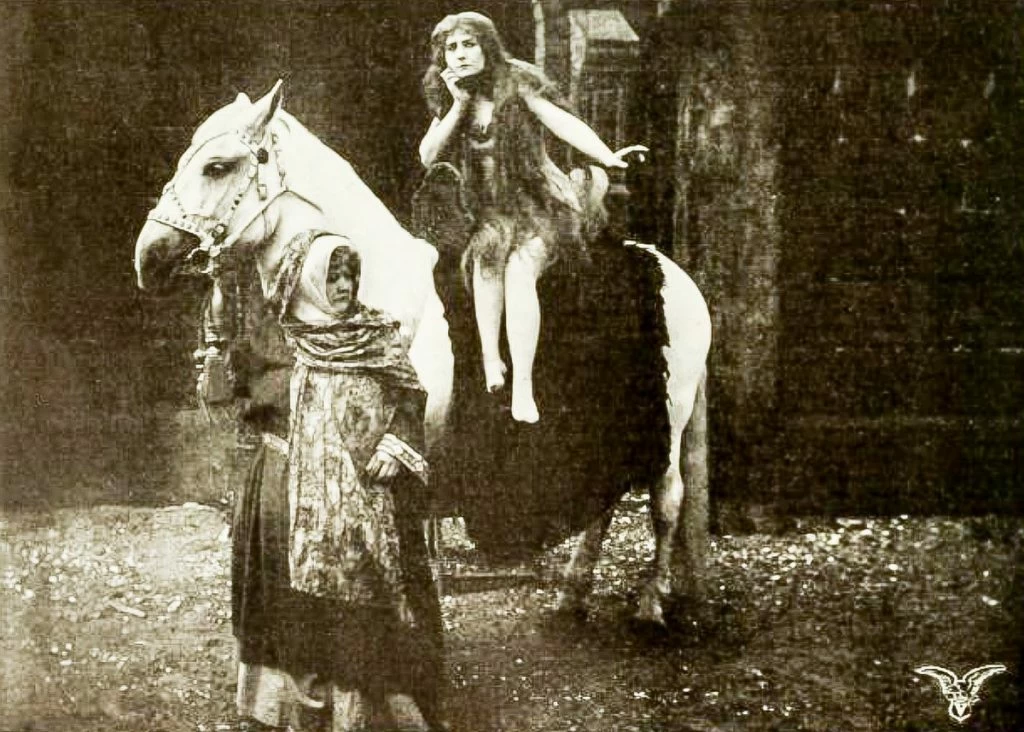
...Was a Freedom Rider
Lady Godiva was a freedom rider. I'm grateful to at least two sharp-eyed readers who pointed out in the comments section that I completely sailed past this reference when I first came out with this blog post. Sigh... I sure did. And I knew what freedom riders were, honest -- I just somehow glossed over the reference.
It's a reference to the 1961 freedom riders. That was the name given to the people who participated in Freedom Rides, which were organized bus trips through the American South in 1961. White and black civil rights activists rode these buses and would go from bus station to bus station across the south, and black activists would try to use "whites-only" restrooms and lunch counters, with the white activists using the "colored" facilities. As you can imagine, that didn't go over very well with the people who wanted to keep things separate.
Joan of Arc
In nutshell, Joan of Arc’s life reads like a legend and myth, but the basic contours of her tale are actually true. She really was this peasant girl living in France in the 1400s, and Joan believed God had spoken to her and selected her to lead France to victory in war against England. (Some scientists now believe she did hear voices, possibly caused by epilepsy.)
Whatever drove Joan of Arc, she went to the crown prince Charles of Valois and convinced him to let her to lead a French army to the city of Orléans, which had been overtaken by the British. France and England had been at war since at least 1346, and so Charles must have figured he had nothing to lose. With his blessing, and riding a white horse and white armor, Joan of Arc and her army freed Orléans.
It's a wonderful story, and Joan of Arc deserves to be in the Maude theme song. She didn’t deserve, however, to be captured by a group of French people who felt the British should be ruling their country – and then tried for witchcraft and other flimsy crimes, like dressing like a man. As you probably know, she was burned at a stake in the marketplace of Rouen on the morning of May 30, 1431. She was only 19.
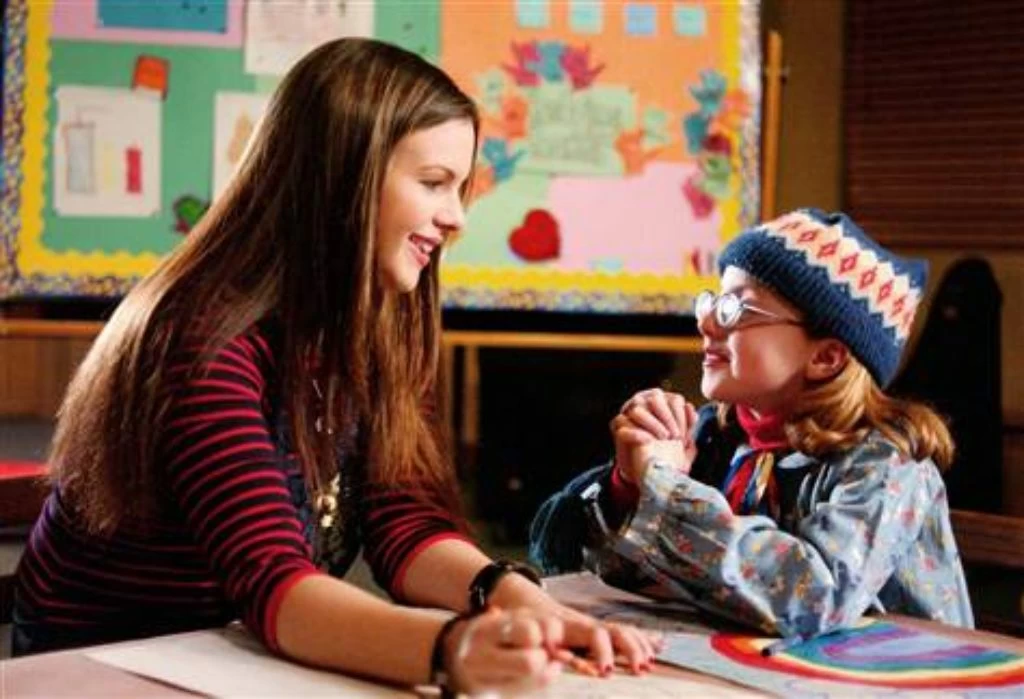
Isadora
Isadora refers to Angela Isadora Duncan, who was in 1877 or 1878, depending on the source, and died on September 14, 1927. She was an American dancer who spent most of her adult life in Western Europe and the Soviet Union. There doesn’t seem to be any evidence that Ms. Duncan ever burned a bra in her life, but she was definitely a free spirit and made a huge impact on dance.
Until she came along, dance was pretty rigid and joyless, as crazy as that now sounds. She focused on more natural rhythms and movements but Americans weren’t too interested in what she had to offer. So at age 21, Duncan headed for England – with the little money she had, she sailed on a cattle boat. One can only imagine what that was like.
Europeans loved Duncan, who toured theatres, dancing barefoot and dressed in free-flowing costumes such as a woodland nymph. She inspired writers, artists, innovators and idealists. Duncan lived her life flouting rules beyond dance. For instance, she was in two relationships with men who she didn’t marry – and had children with them, which was just unheard of at the time.
Unfortunately, as much as there is to admire and celebrate about Ms. Duncan, her life was full of tragedy. Her children and their nanny were in a car that rolled into the Seine River in 1913, and they all drowned. A future romance with a Russian poet went sour, and after he left Duncan, he returned to the Soviet Union and committed suicide. And then in 1927, Duncan’s scarf became entangled in the wheels and axle of a car that she was traveling in, and she was strangled to death.
But, yes, as the Maude song goes, we are very glad she showed up. Still, on that sad and tragic note, let’s turn to…
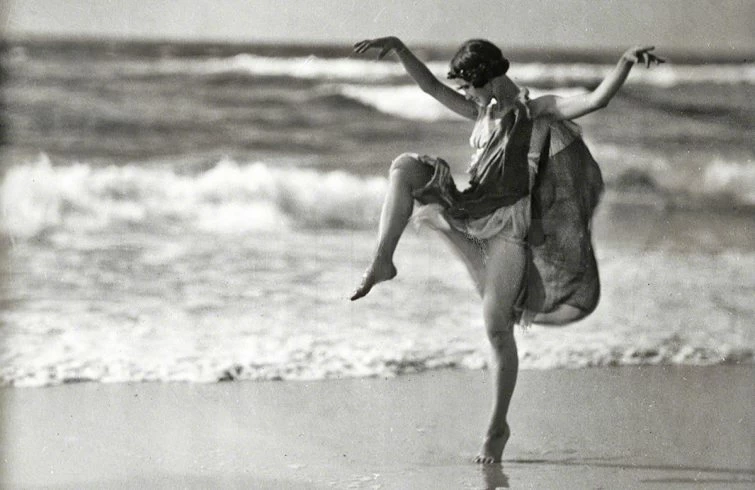
Betsy Ross
In other words, there is no invoice or receipt from George Washington, thanking Betsy Ross for her diligent work on the American flag.
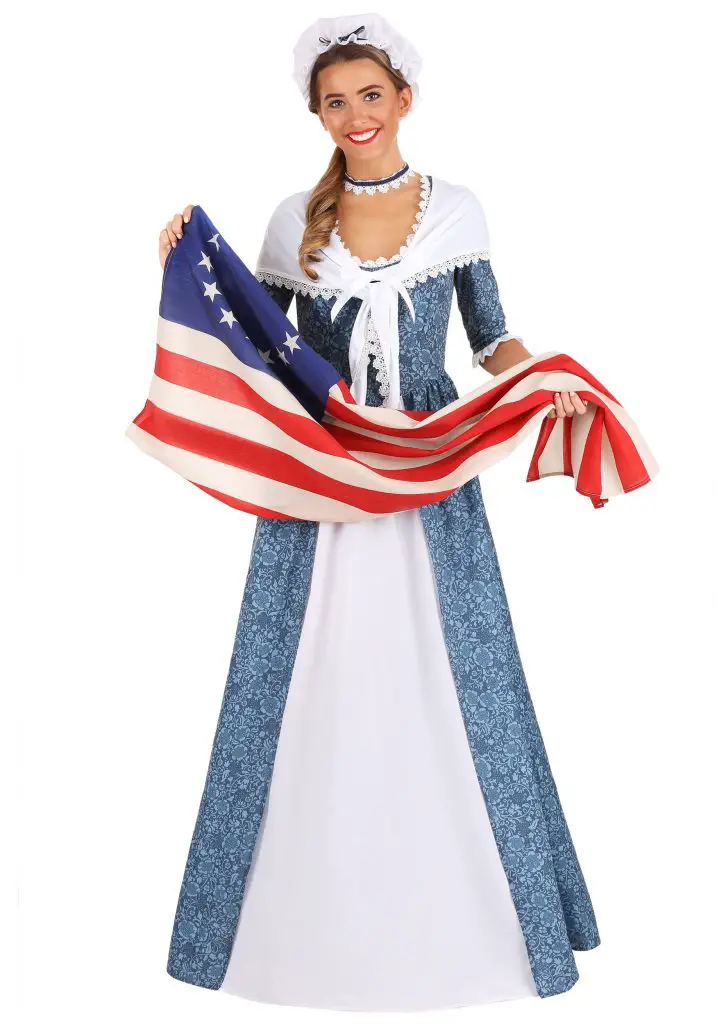
A Little More About the Maude Theme Song
The Maude TV theme song, “And Then There’s Maude,” was written by the songwriting team Alan and Marilyn Bergman, who are both in their 90s, and Dave Grusin, who is 87. They're all supremely accomplished musicians.
And I should definitely give a shoutout to the singer, Donny Hathaway, who did a masterful, joyful job performing the Maude theme song. (And a sincere thank you to the two readers, Glenda and Tiffany, who reminded me in the comments section that I should say something about Hathaway.)
When Maude debuted in 1972, Hathaway was a year away from winning a Grammy with Roberta Flack for the song, “Where Is the Love.”
When he performed Maude, Hathaway was already something of a musical legend, known for pop tunes with blues and gospel undertones. As Flack once said, “People compare him to Otis [Redding], but Donny was greater. He was not only a singer, but also a composer, arranger, conductor, singer and teacher."
Unfortunately, while you’d never know it from how Hathaway performed, throughout the 1970s, Hathaway was plagued by depression. According to friends, he didn’t drink. He didn’t have a drug problem. But he struggled with anxiety, and fame may have worsened it.
As The Washington Post described Hathaway in 1979, “In the early '70s, his popularity soared, then his career, and his emotional outlook plummeted. There was a long silence. In the last year, however, Hathaway was bouncing back and working, good signs that left his friends baffled about his fatal plunge last weekend from a New York City hotel."
He was only 33.
Also Worth Noting...
I think Maude probably has the most history in a theme song, but the aforementioned All in the Family had some pretty good history, too, mentioning Glenn Miller, for instance. But maybe the most obscure historical reference is in the theme song to the 1950s TV series, Car 54, Where Are You?
The lyrics, written by the show's creator, Nat Hiken, and composed by John Strauss, go like this:
There's a holdup in the Bronx,
Brooklyn's broken out in fights.
There's a traffic jam in Harlem
That's backed up to Jackson Heights.
There's a scout troop short a child,
Khrushchev's due at Idlewild
Car 54, Where Are You?
Khrushchev? Idlewild?
Khrushchev refers to Nikita Khrushchev, the leader at the Soviet Union at the time. Idlewild was the name of the airport, which is now the John F. Kennedy International Airport in Queens.
Where you can watch Maude (at the time of this writing): It plays at a various times on Antenna TV. All in the Family can be found on IMDb TV. Car 54, Where Are You?, a really underrated and hilarious show, can be found on TubiTV.com.
Articles similar to this one: If you enjoyed this look at the Maude theme song, I have to think you'd like this deep dive on the All in the Family theme song.

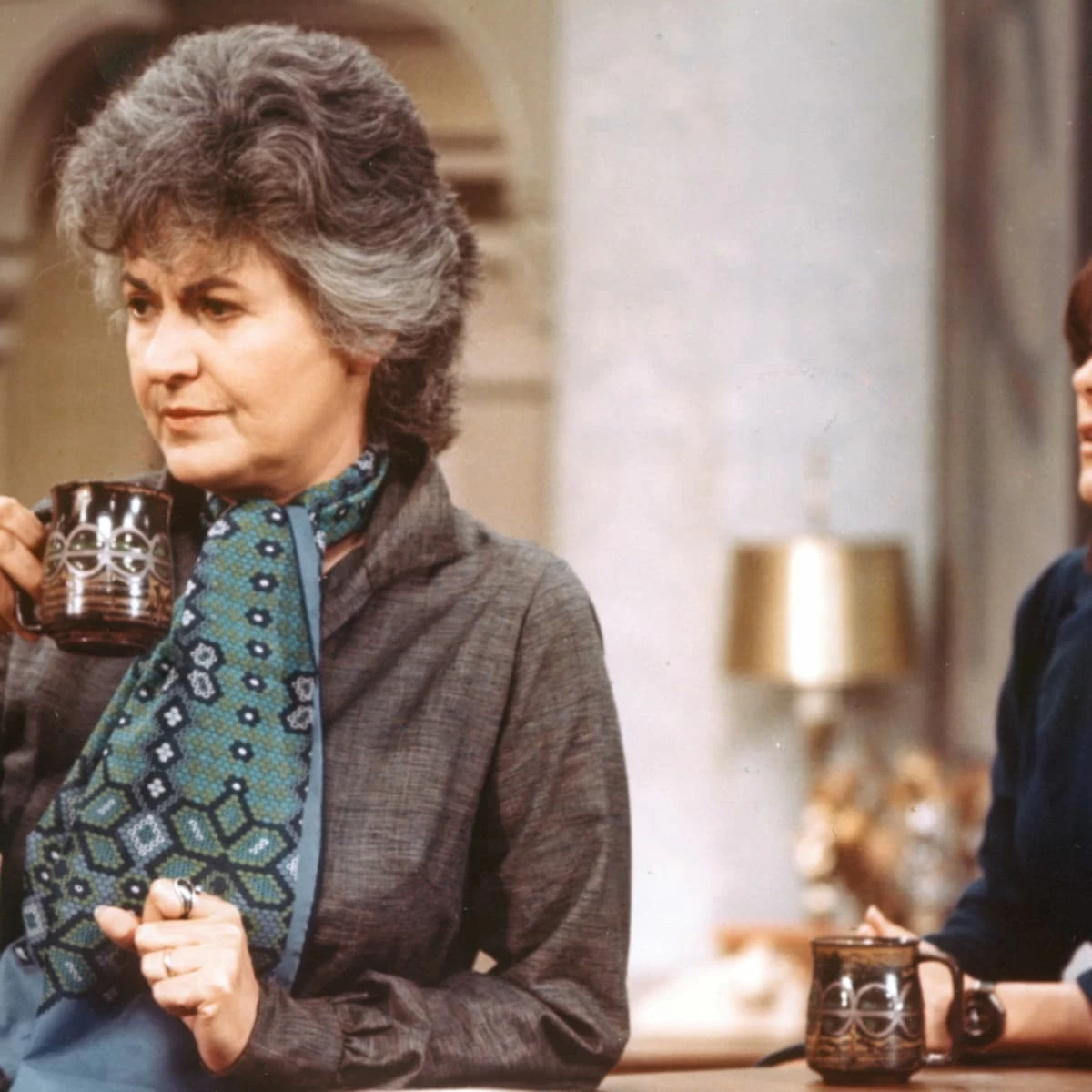
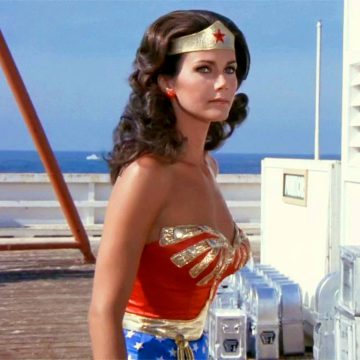
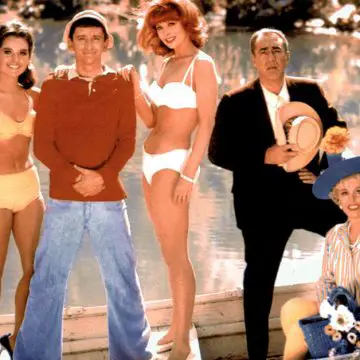


Glenda
You forgot to mention the singer of the song Donny Hathaway. An accomplished African American vocalist who tragically died from suicide(?) as a result of mental illness (schizophrenia). He was extremely well known, often performing duets with Roberta Flack.
The TV Professor
You know, Glenda, you are right. Not sure why I didn't think to take a look at who sang "Maude" theme song. I'll have to update this at some point, soon, when I get a chance. But thanks for bringing Donny Hathaway to my attention.
Jerome Dunk
Thanks for this post. This song is in my head so often... and I haven't really even watched it that much! A couple of things that you probably know, but just to point out...
Lady Godiva... of course the song refers to her famous ride, but is also making a reference to civil rights activists of the 1960s who were called freedom riders.
Of course the "joke" in the Joan of Arc is " she was a sister who really cooked"... obviously a joke about being burned at the steak... but also in 70's slang cooked means like really good, on, great... like this band is really cooking.
And for those unfamiliar with the term re: the section about Isadora, a bra-burner os a 70's term for woman's libber or feminist.
Thanks again for the post!
The TV Professor
Thanks, Jerome. Those are excellent points. I may have to incorporate those thoughts into the post sometime, as I wound up doing when two other readers pointed out that I hadn't said anything about the singer who sang the "Maude" theme song. You know, I knew about the "Freedom Riders" but I confess, that reference blew right past me. So, yeah, I'll need to update this post in the near future. Anyway, fantastic. Thanks so much for taking the time to offer up some thoughts on the blog post. I really appreciate it.
Jerome Dunk
I really loved this post!
Tiffany
Yes, Please update to include prolific singer/pianist/organist, Donny Hathaway. His voice made the "Maude" theme song. I loved it as a kid and still love it. FYI: Besides his hit duets with Roberta Flack, Donny also had a hit with his cover of Leon Russell's song, "A Song For You."
The TV Professor
Thanks, Tiffany! I really appreciate you chiming in, and I just added something about Donny Hathaway to the blog post. I may further tweak it, but he's in there. Thanks again.
mary
hey thanks for this. i have been watching maude for a few months on antenna tv and every time i sing along, i'm like "who is isadora?". now i know, and yikes, i thought betsy ross was married to washington! so i learned 2 things.
The TV Professor
Hi, Mary; thanks for letting me know you enjoyed the blog post on the Maude theme song. I really appreciate it.
Amy@blog-logic.com
I love the mix of music and 70s sitcoms. I had no idea until you post that Donny Hathaway sang the Maude theme song! Thanks for the info. What do you know, if anything, about the Room 222 theme song? I always loved that one.
The TV Professor
Hey, Amy, thanks! You know, I don't know much about the "Room 222" song, but I may have to research that and write something about it. (I have stories on the website about the "All in the Family" theme song, as noted in the story, and "Laverne & Shirley," "Alice," and "Three's Company" theme songs. I think that's it so far... oh, and the "Friends" theme song... but I guess I should do something on "Room 222" at some point.) And I LOVE "Room 222." Somehow, I never saw it until I was an adult. Well, I know how... it didn't seem to be syndicated much, not like "The Brady Bunch," which I think aired before or after "Room 222" in prime time for awhile. And then a few years ago, it was on a cable station and I watched every episode I could get my hands on. It was a wonderful series, and I agree that the theme song was fantastic. Anyway, sorry I don't have any information on that, but I will think about writing something about the show or its theme song or both, semi-soon. Well, I might as well mention that my 18-year-old, when she was 17, wrote a post for my blog, shortly after I started it, and she wrote about women role models on TV and included one of the characters from "Room 222." Somehow I got her into the show... I hate that "Room 222" isn't on streaming channels, that I know of, anyway... it's crazy. But here's the blog post, for anyone interested: https://thetvprofessor.com/who-are-tvs-best-female-role-models/
Jim
Came here from your All In The Family post. Nice sum up, but I'm surprised you left out the 2nd half of the Lady Godiva lyric! Freedom Riders were idealistic young people who took buses to southern states to challenge segregation and agitate for civil rights. It was an obvious reference at the time, today maybe not so much.
The TV Professor
Jim, I am so glad you mentioned that. Somebody else mentioned it in a comment a year ago (!... geez, time flies), and I forgot to add something (wrote a gazillion other blog posts but just neglected to go back and add something). And I've heard of the freedom riders, and so I'm kicking myself for not noticing that. I'm going to put updating this post high on my to-do list. Anyway, thanks!
Dennis Jaffe
Professor, I came upon your post about Maude today, one day after legendary and historic precedent-setting TV producer, Norman Lear, died at the awe-inspiring, wonderful age of 101.
As I was born in 1963, I grew up on one (hit) comedy series after another after another created by Lear, including All in the Family, The Jeffersons, Maude, Good Times, and Sanford & Son.
As you noted the unlikelihood of anyone obsessing over the theme song, I, too, haven't been obsessed with it. But it has resonated with me, and no doubt, many others. In my interpretation of your post, I think quite a bit more so than might be apparent to you.
Admittedly, the significance of Maude, the series, is a sensitive subject for me. It might've been my late mother's favorite show. Both of my parents were abusive to each other in different ways. I think Maude was implicitly a role model for my mother, even in things such as her deciding to open up a bank account in only her name. For me, as a gay man, although not yet out to myself watching the show in my early teens, I found the show and the song empowering.
I share with you a video of Bea Arthur being interviewed by Rosie O'Donnell on The Rosie O'Donnell Show in 2009. In it, O'Donnell masterfully performed a rendition of Maude's theme song, with an assist by Arthur. Sorry the 3:35 long clip is longer than just the "bit" they did together. https://www.youtube.com/watch?v=Z9S9U62xAA4
Arthur was a longtime, outspoken advocate for the gay community. O'Donnell is a proud, out lesbian. Arthur's advocacy, along with her brassy personality, the depiction of her as a so-called and gender stereotype-defying "masculine woman," her pathbreaking roles, and her sheer talent led to her becoming an icon to LGBTQ folks, enduring through and no doubt beyond today. In addition to O'Donnell, as a woman, being inspired by Arthur, I think that O'Donnell, as a lesbian, was inspired by Arthur's genuine empowering persona. Perhaps the speculative chatter that Arthur was lesbian or bi also played a role.
Not obsessive-worthy, but for many, Maude's theme song about the uncompromisin', enterprisin', anything but tranquilizin' main character was anythin' but obscure.
The TV Professor
Wow, thanks for such thoughtful commentary and sharing what Bea Arthur meant to you. I watched the clip you linked to; a lot of fun. And I found Norman Lear very inspiring, too. Yes, he made it to 101 years old, but I still feel like he went too soon. An extraordinary talent.
Dennis Jaffe
👍🏼👍🏽
Twenty Feet from Jack
Thanks for this. Love that someone else cares about the Theme from Maude, and Donny Hathaway.
Message in a bottle for anyone out there: Any idea who the backing vocalists were? They were sisters who really cooked too.